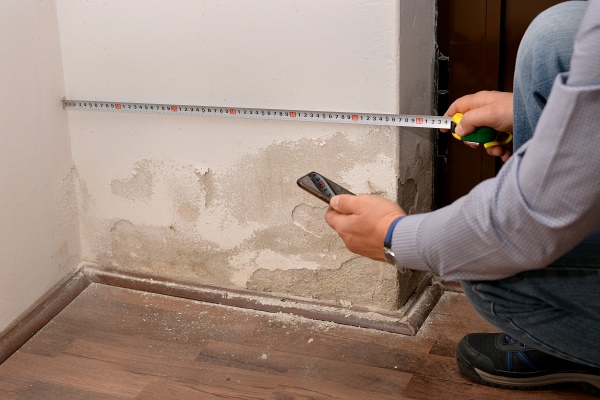
Insurance plays a vital role in construction projects, protecting contractors, project owners, and other stakeholders from unforeseen risks and liabilities. Among the various types of insurance available, Contractors All Risk (CAR) insurance stands out as a comprehensive policy that covers damages and losses during construction projects. This article will explore the details of CAR insurance, discussing its coverage, limitations, and factors affecting premiums and coverage.
What is Contractors All Risk Insurance?
Contractors All Risk insurance is a type of non-standard insurance policy that provides broad coverage for physical damage to contractors’ property, including buildings under construction, equipment, and materials. It is designed to protect contractors and construction professionals from various risks associated with construction projects, such as fire, windstorm, hail, explosion, theft, vandalism, and more. Unlike Commercial General Liability or Professional Liability insurance, which primarily cover third-party claims for bodily injury, property damage, or negligence, CAR insurance focuses on protecting the insured’s assets from direct physical loss or damage.
CAR insurance is a package policy that typically includes three coverage parts: Part I (Property Damage), Part II (Third-Party Liability), and Part III (Optional Coverages). It is an essential investment for contractors and construction professionals, as it provides financial protection against unexpected events that can occur during construction projects.
Coverage for Damages and Losses
Property damage coverage
Property damage coverage is a crucial aspect of CAR insurance, protecting contractors from financial losses resulting from damage to the building or structure being constructed, materials, equipment, and tools. This coverage extends to adjacent properties as well, shielding contractors from liability in case of unintended harm to nearby buildings or landscaping. In the event of destruction or damage to the project, CAR insurance helps contractors absorb the cost of repairs, replacement, or reconstruction, allowing them to continue working without incurring additional debt.
Liability coverage

Business interruption coverage
Business interruption coverage is another essential component of CAR insurance, ensuring that contractors can maintain their operations despite project delays or cancellations. This coverage reimburses contractors for lost business income and additional expenses incurred to mitigate losses, such as renting alternative equipment or leasing temporary office space. With business interruption coverage, contractors can weather unexpected setbacks and resume work promptly, minimising the impact of unforeseen events.
Common Exclusions and Limitations
Examples of common exclusions in CAR insurance policies
CAR insurance policies often exclude certain types of damages or losses, such as those resulting from intentional acts or wilful neglect. This means that if a contractor intentionally causes damage to a project or fails to follow proper safety protocols, they may not be covered by their insurance policy. Additionally, pre-existing conditions or defects in the project are generally excluded from coverage, as well as normal wear and tear that occurs over time. These exclusions are put in place to prevent contractors from abusing their insurance coverage or making false claims.
Limitations on coverage amounts and durations
Contractors all risk insurance policies also have limitations on coverage amounts and durations. Policy limits refer to the maximum amount of money that the insurer will pay out for a covered loss, while deductibles represent the amount that the policyholder must pay out of pocket before their insurance kicks in. Time limitations on coverage mean that coverage may only be valid for a certain period, such as the duration of the construction project. It’s important for contractors to carefully review these limitations and ensure that they have adequate coverage to protect themselves and their businesses.
Factors Affecting Premiums and Coverage
The cost of CAR insurance premiums and the scope of coverage are influenced by several factors. The project’s location and duration play a significant role, as projects in high-risk areas or with longer timelines may require higher premiums. The type and value of work being performed also impact premiums, as projects involving high-value materials or complex designs may pose greater risks. Contractors’ experience and safety records are also considered, as those with a proven track record of safety and quality work may qualify for lower premiums. Finally, the presence of subcontractors and their roles can also affect premiums and coverage, as subcontractors may introduce additional risks that need to be addressed in the policy.
How to File a Claim

Insurance is a critical investment for contractors and construction professionals who want to protect their businesses from the risks of damages and losses. It’s important to carefully review policy terms and conditions before purchasing to ensure that the coverage meets your needs and budget. Consider factors such as policy limits, deductibles, coverage periods, and exclusions to determine the best policy for your business. Remember that CAR insurance can provide peace of mind and financial protection in the event of unexpected damages or losses, allowing you to focus on running your business with confidence. Always consult with a licensed insurance professional to ensure you have the appropriate coverage for your specific needs.
